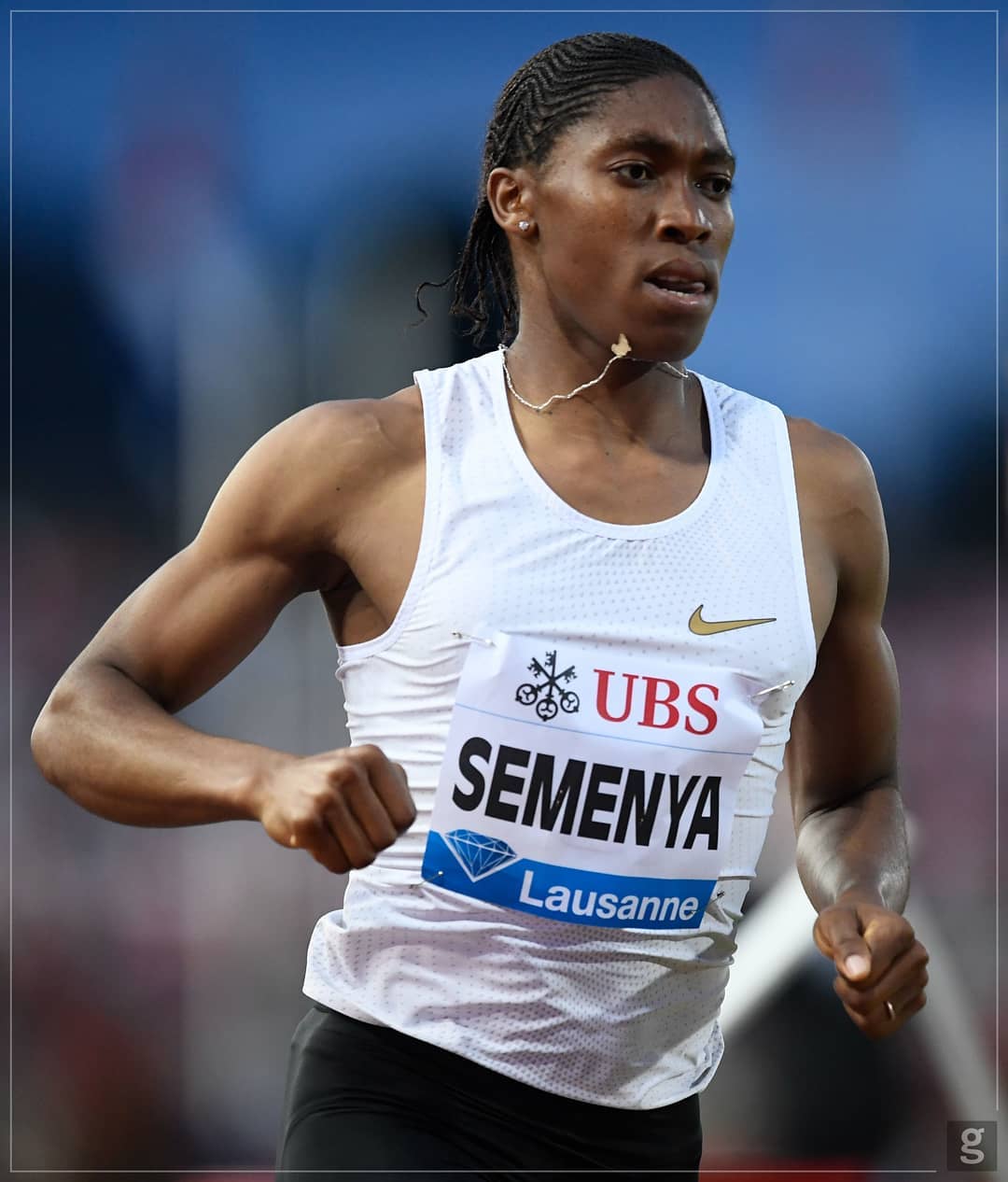Semenya and Athletics South Africa have challenged the Eligibility Regulations for the Female Classification of Athletes with Differences of s.e.x development (DSD) with the Court of Arbitration for Sport (CAS).
They may have been forced to delay their plan, but the IAAF are confident that Caster Semenya’s objections will be rejected and that their new female classification will eventually be implemented. That led to the IAAF announcing on Tuesday that they have delayed enforcing the new rules from November to March next year. The regulations will apply only to DSD female athletes who compete in events from the 400m to the mile – and Semenya is able to run in all of those.
The Olympic and world 800m champion has been expanding her repertoire in recent seasons, taking part in the 400m and 1 500m as well. She would be sure to run the mile as well if it had to be a medal event.
The new regulations are seen as a direct attack on Semenya’s dominance in the 800m and potential to do the same in the 1 500m, which is why Athletics South Africa have supported her bid to challenge the rules at the CAS.
The hearing is expected to take place in February, with a decision possible in March. “The IAAF remains very confident of the legal, scientific, and ethical bases for the Regulations, and therefore fully expects the Court of Arbitration for Sport to reject these challenges,” the athletics governing body said in their statement.
“However, the IAAF also understands that all affected athletes need certainty on the point as soon as possible. “Therefore, in exchange for Ms Semenya and the ASA agreeing to an expedited timetable, the IAAF has agreed not to enforce the Regulations against any athlete unless and until they are upheld in the CAS award, which is expected on or before 26 March 2019.”
IAAF president Sebastian Coe added: “Prolonging the uncertainty for athletes looking to compete in these distances next year and beyond is unfair and so we have reached a compromise with the claimants. “We have agreed not to enforce the regulations against any athlete until the contested regulations are upheld. “In exchange, they have agreed not to prolong the process. All athletes need this situation resolved as soon as possible.”
But in a strange twist of events, the IAAF have also invited any athletes who wish to start on their “suppression period” – where affected athletes have to maintain their serum testosterone levels below five nanomoles per litre for at least six months before competing in the restricted events by taking medication – to come forward.
“We recognise that this five-month shift in the timetable from a November to a late March start date could result in affected athletes having to sit out the bulk of the outdoor season leading up to the IAAF World Championships,” said Dr Stephane Bermon, the IAAF Health and Science Department Director.
“The original November 1 start date was designed specifically to avoid this.
“Because of this, although the Regulations have formally stayed pending the outcome of the CAS proceeding, the IAAF Health and Science Department stands ready to support athletes and receive biological results from individual athletes with DSDs wishing to start their six-month suppression period at any time from today.
“Athletes wishing to begin their six-month period sooner than the end of March should contact me directly.”Athletics SA maintains that the data used by the IAAF to determine their regulations are flawed. “CAS has now issued a directive that the regulations are now effectively suspended pending the outcome of the appeal,” ASA said.
“On Wednesday 10 October 2018, the President of the CAS panel convened a teleconference meeting of all the lead counsels in the case, together with their instructing attorneys to discuss, inter alia, the suspension of the regulations and the further conduct of the matter.
“CAS directed that the hearing take place in either Lausanne or Geneva from 18 February 2019 until 25 February 2019, inclusive. “ASA is very pleased with the outcome, and accordingly thank the legal teams of ASA and that of athlete Caster Semenya for the hard work done to date.
“The ASA appeal of the regulations is based on a number of points, including its discriminatory effect on female athletes like Semenya. “The South African legal team will also argue that the medical data relied upon by the IAAF is flawed.”
Source: IOL News

